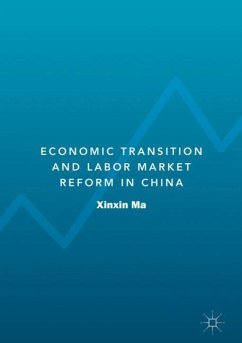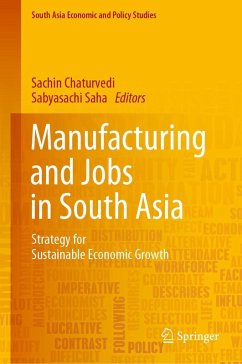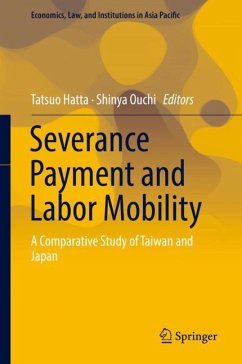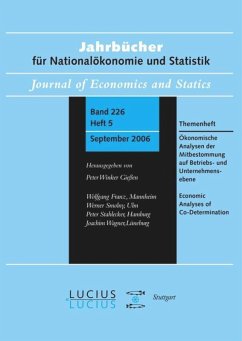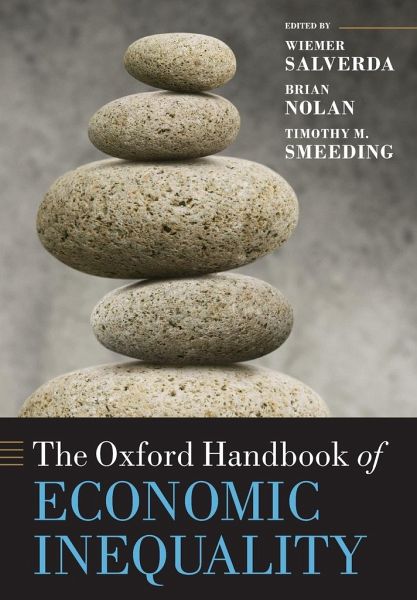
The Oxford Handbook of Economic Inequality
Versandkostenfrei!
Versandfertig in 1-2 Wochen
67,99 €
inkl. MwSt.

PAYBACK Punkte
34 °P sammeln!
The Oxford Handbook of Economic Inequality presents a new and challenging analysis of economic inequality, focusing primarily on economic inequality in highly developed countries. Bringing together the world's top scholars this comprehensive and authoritative volume contains an impressive array of original research on topics ranging from gender to happiness, from poverty to top incomes, and from employers to the welfare state. The authors give their view on thestate-of-the-art of scientific research in their fields of expertise and add their own stimulating visions on future research. Ideal as...
The Oxford Handbook of Economic Inequality presents a new and challenging analysis of economic inequality, focusing primarily on economic inequality in highly developed countries. Bringing together the world's top scholars this comprehensive and authoritative volume contains an impressive array of original research on topics ranging from gender to happiness, from poverty to top incomes, and from employers to the welfare state. The authors give their view on the
state-of-the-art of scientific research in their fields of expertise and add their own stimulating visions on future research. Ideal as an overview of the latest, cutting-edge research on economic inequality, this is a must have reference for students and researchers alike.
state-of-the-art of scientific research in their fields of expertise and add their own stimulating visions on future research. Ideal as an overview of the latest, cutting-edge research on economic inequality, this is a must have reference for students and researchers alike.






